“According to a USPTO press release, the new guidance ‘underscores longstanding precedent that the same legal standard for determining inventorship applies to all inventions, regardless of whether AI systems were used in the inventive process.'”
 The U.S. Patent and Trademark Office (USPTO) today rescinded its AI Inventorship guidance issued in February 2024 under the previous USPTO administration and published new guidance emphasizing that the Pannu factors for joint inventorship do not apply in the context of an AI invention involving a single inventor.
The U.S. Patent and Trademark Office (USPTO) today rescinded its AI Inventorship guidance issued in February 2024 under the previous USPTO administration and published new guidance emphasizing that the Pannu factors for joint inventorship do not apply in the context of an AI invention involving a single inventor.
The guidance issued on February 13, 2024, under previous USPTO Director Kathi Vidal discussed the relevance of the three-part test articulated in Pannu v. Iolab Corp. in determining inventorship in the context of AI-assisted inventions. Under the Pannu test, an inventor must have: “(1) contributed in some significant manner to the conception of the invention; (2) made a contribution to the claimed invention that is not insignificant in quality, when that contribution is measured against the dimension of the full invention; and (3) [done] more than merely explain to the real inventors well-known concepts and/or the current state of the art.”
The Pannu factors are ordinarily used in making joint inventorship determinations. But “it follows that a single person who uses an AI system to create an invention is also required to make a significant contribution to the invention, according to the Pannu factors, to be considered a proper inventor,” explained the previous USPTO guidance.
With respect to AI-assisted inventions, this means that “each claim must have been invented by at least one named inventor.” The guidance continued:
“In other words, a natural person must have significantly contributed to each claim in a patent application or patent. In the event of a single person using an AI system to create an invention, that single person must make a significant contribution to every claim in the patent or patent application. Inventorship is improper in any patent or patent application that includes a claim in which at least one natural person did not significantly contribute to the claimed invention, even if the application or patent includes other claims invented by at least one natural person.”
But today’s guidance, issued under USPTO Director John Squires, withdraws this approach in its entirety. “The Pannu factors only apply when determining whether multiple natural persons qualify as joint inventors,” said the guidance. “Pannu is inapplicable when only one natural person is involved in developing an invention with AI assistance because AI systems are not persons and therefore cannot be “joint inventors” so there is no joint inventorship question to analyze.”
According to a USPTO press release, the new guidance “underscores longstanding precedent that the same legal standard for determining inventorship applies to all inventions, regardless of whether AI systems were used in the inventive process. No new, separate or modified standard is created for or applies to AI-assisted inventions.”
Beyond that, the guidance echoes the Federal Circuit’s and previous guidance’s view that the inventorship analysis should focus on human contributions and that “AI cannot be named as an inventor on a patent application (or issued patent) and that only natural persons can be inventors.” AI should be viewed only as a tool to assist the inventive process.
According to the USPTO, the guidance “implements Executive Order 14179 of January 23, 2025 (“Removing Barriers to American Leadership in Artificial Intelligence”), which directs agencies to review and revise policies established under the prior administration to ensure they promote American leadership in AI.”
The Guidance will be published in the Federal Register on November 28.
Image Source: Deposit Photos
Author: stuartmiles
Image ID: 10584789

![[IPWatchdog Logo]](https://ipwatchdog.com/wp-content/themes/IPWatchdog%20-%202023/assets/images/temp/logo-small@2x.png)

![[Advertisement]](https://ipwatchdog.com/wp-content/uploads/2025/11/IP-Author-Dec-2-2025-sidebar-700x500-1.jpg)
![[Advertisement]](https://ipwatchdog.com/wp-content/uploads/2025/11/Juristat-Dec-4-2025-sidebar-700x500-1.jpg)
![[Advertisement]](https://ipwatchdog.com/wp-content/uploads/2025/11/PTAB-Masters-2026-sidebar-early-bird-700x500-1.jpg)
![[Advertisement]](https://ipwatchdog.com/wp-content/uploads/2025/11/Juristat-Ad-Firm-Cost-Management-Nov-18-Dec-31-2025-Animated-Varsity-Ad-final.gif)


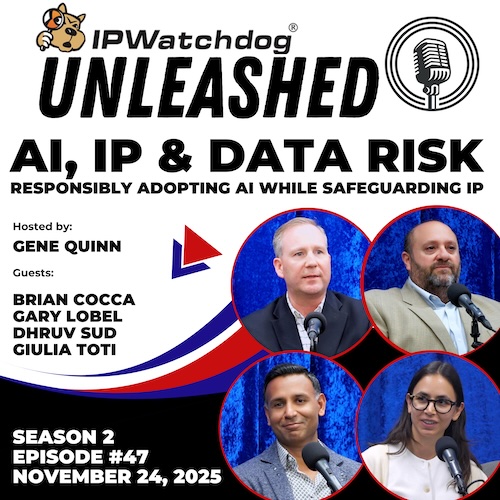

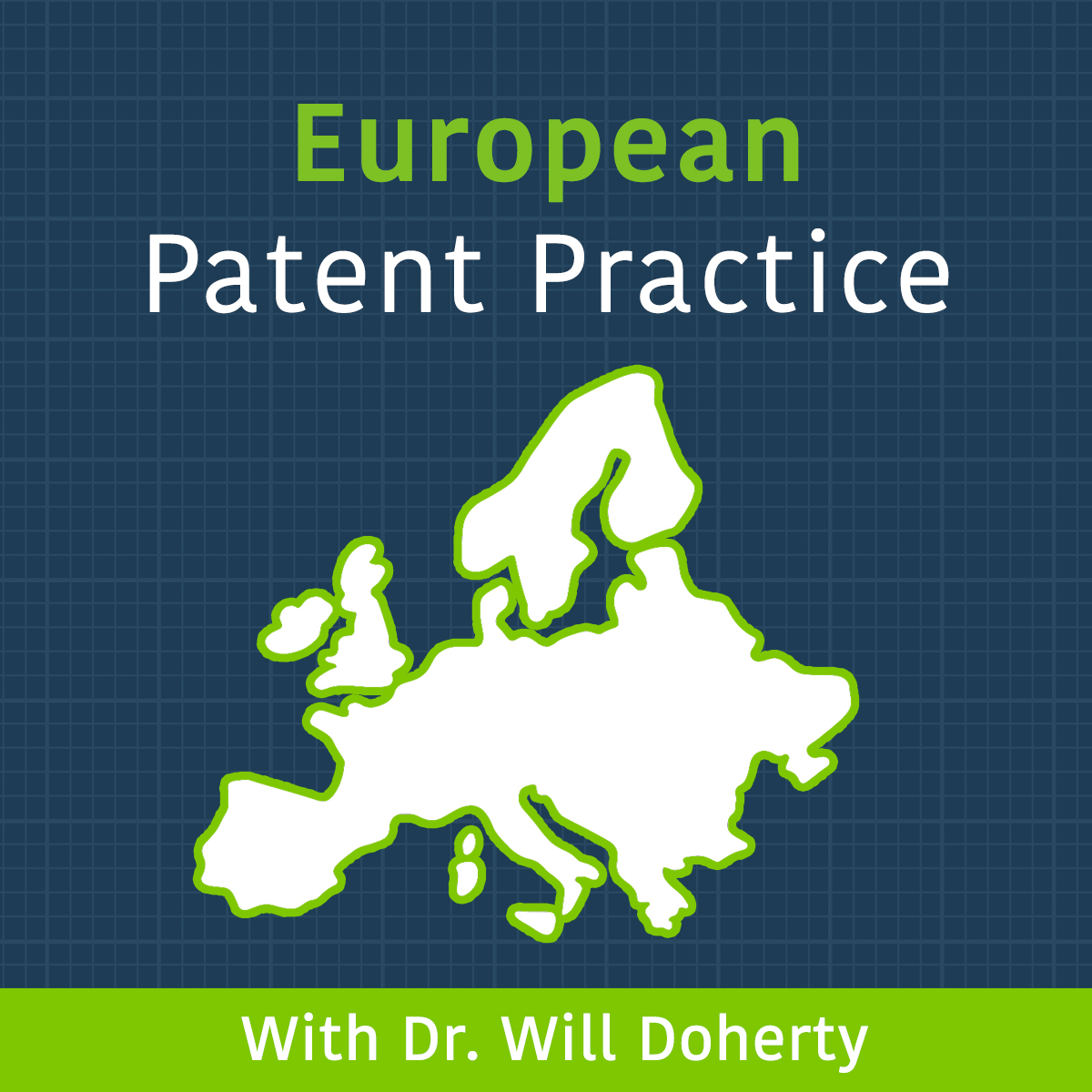
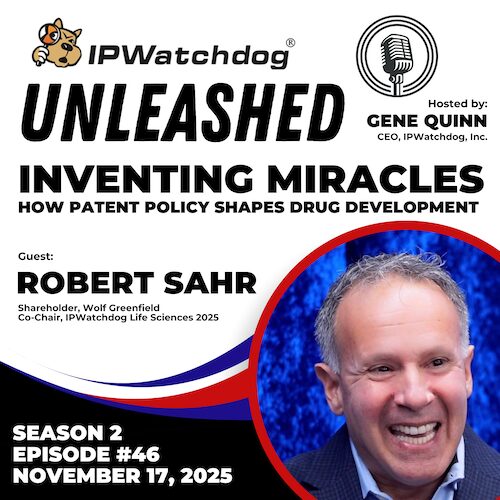
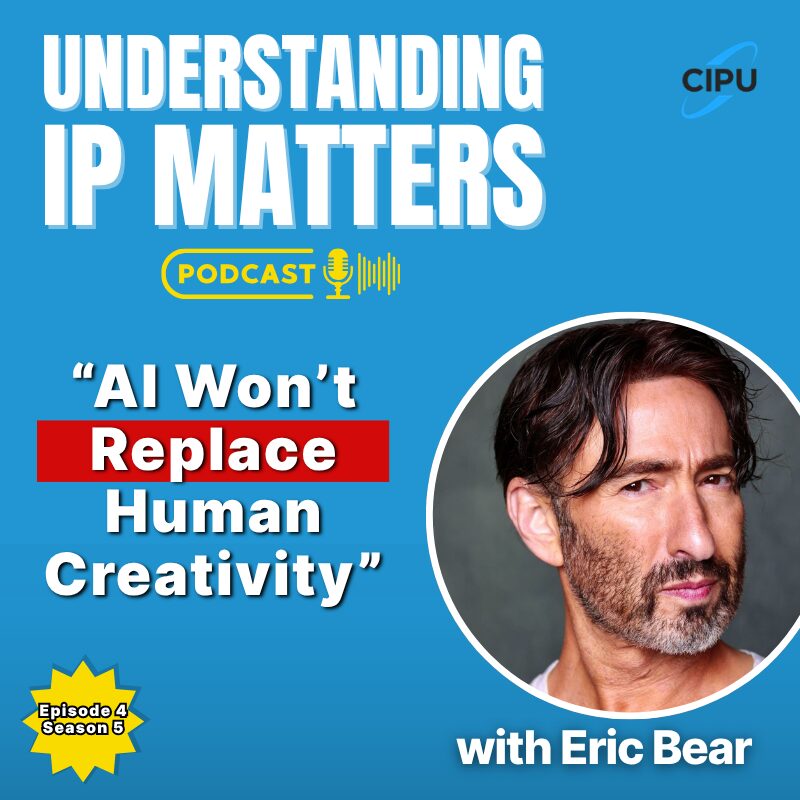
![[Advertisement]](https://ipwatchdog.com/wp-content/uploads/2021/12/WEBINAR-336-x-280-px.png)
![[Advertisement]](https://ipwatchdog.com/wp-content/uploads/2021/12/Ad-4-The-Invent-Patent-System™.png)


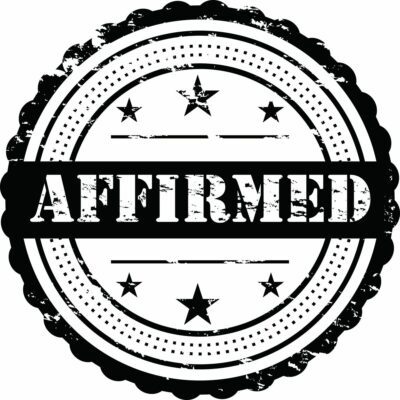
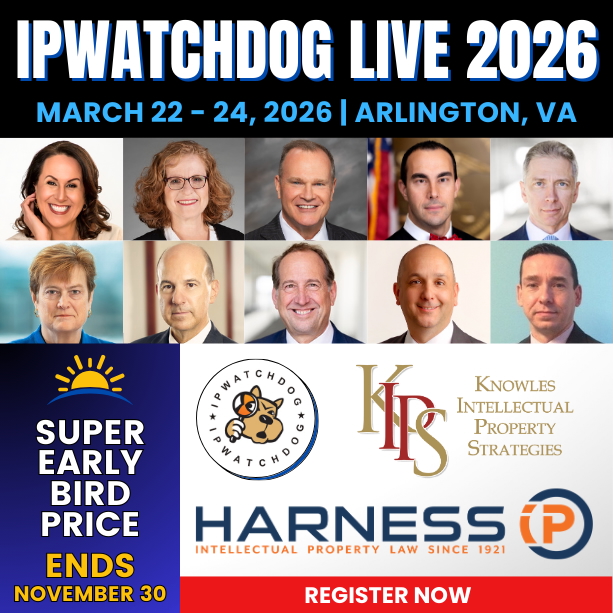
Join the Discussion
No comments yet. Add my comment.
Add Comment